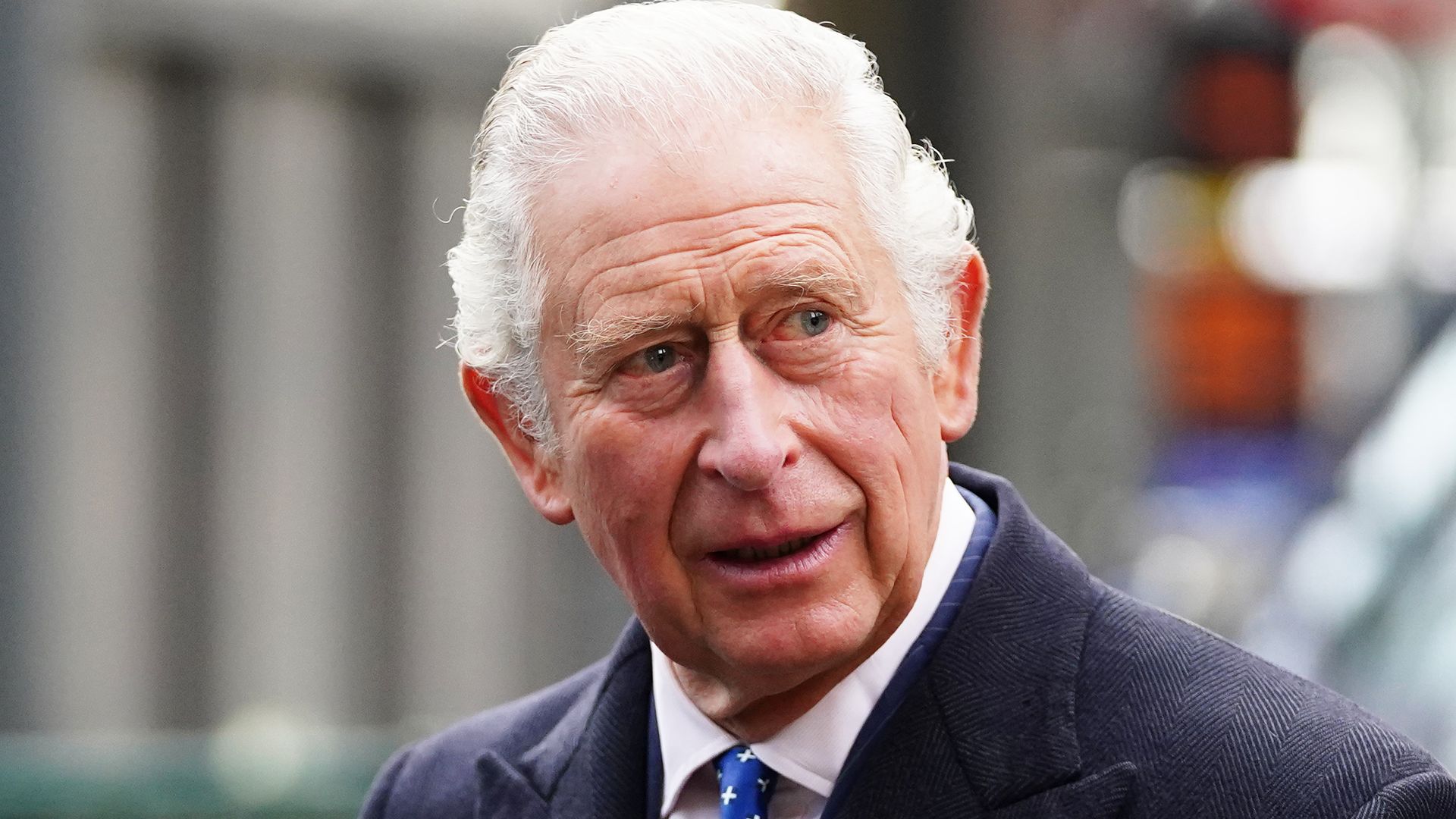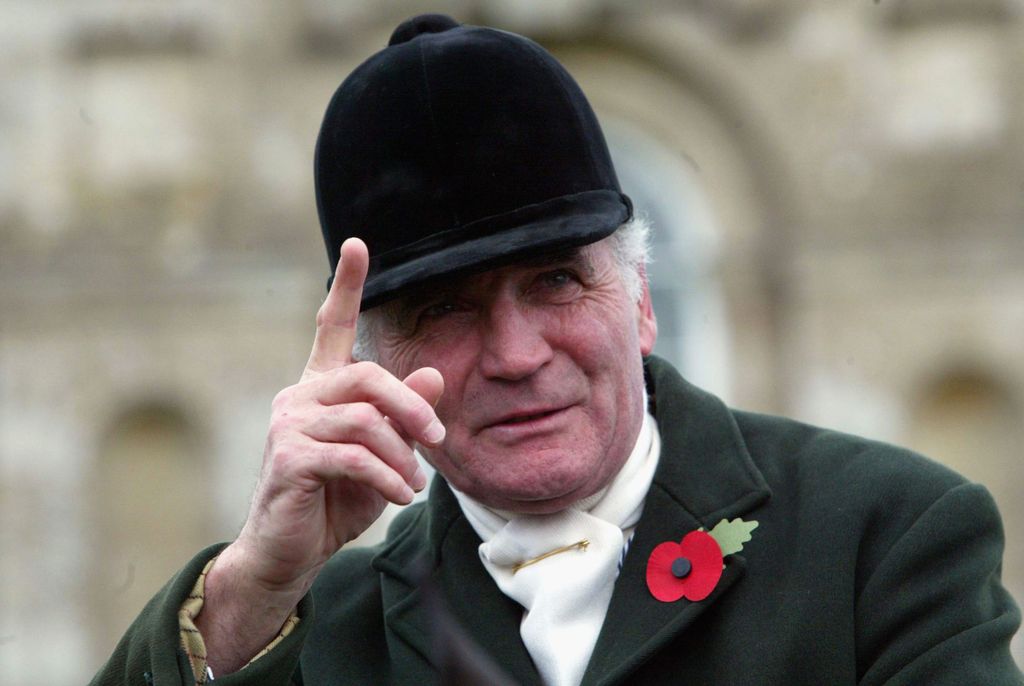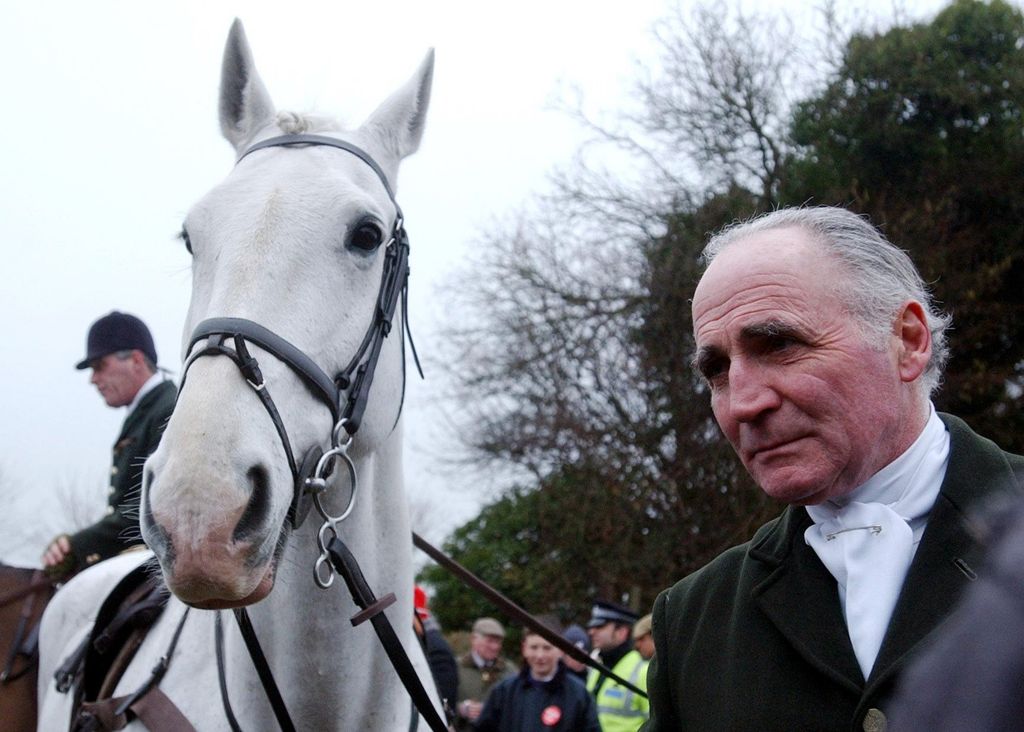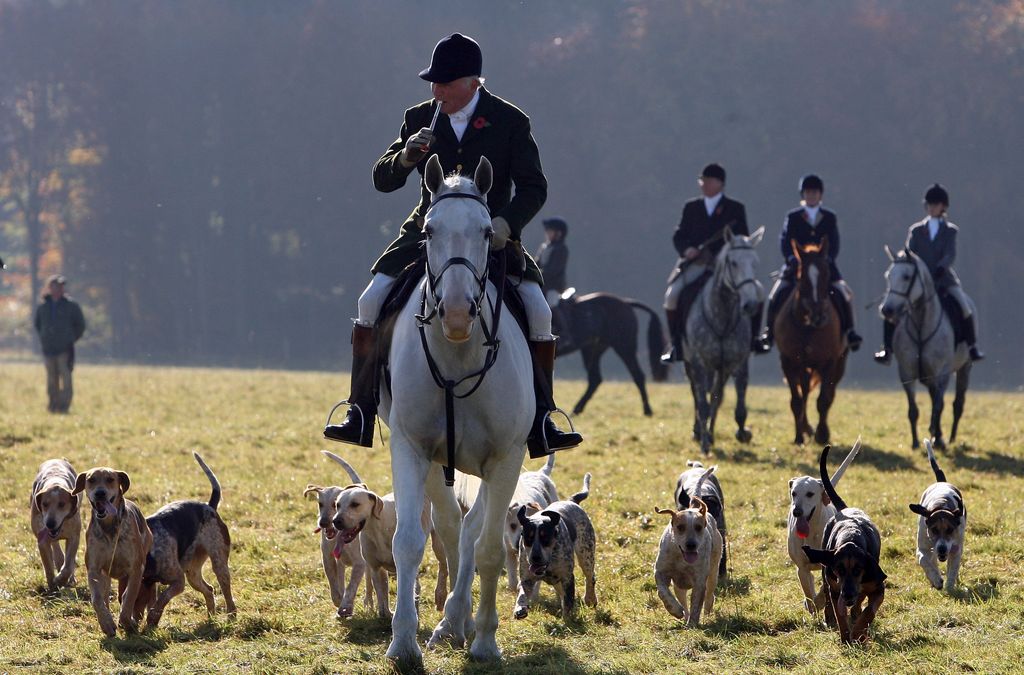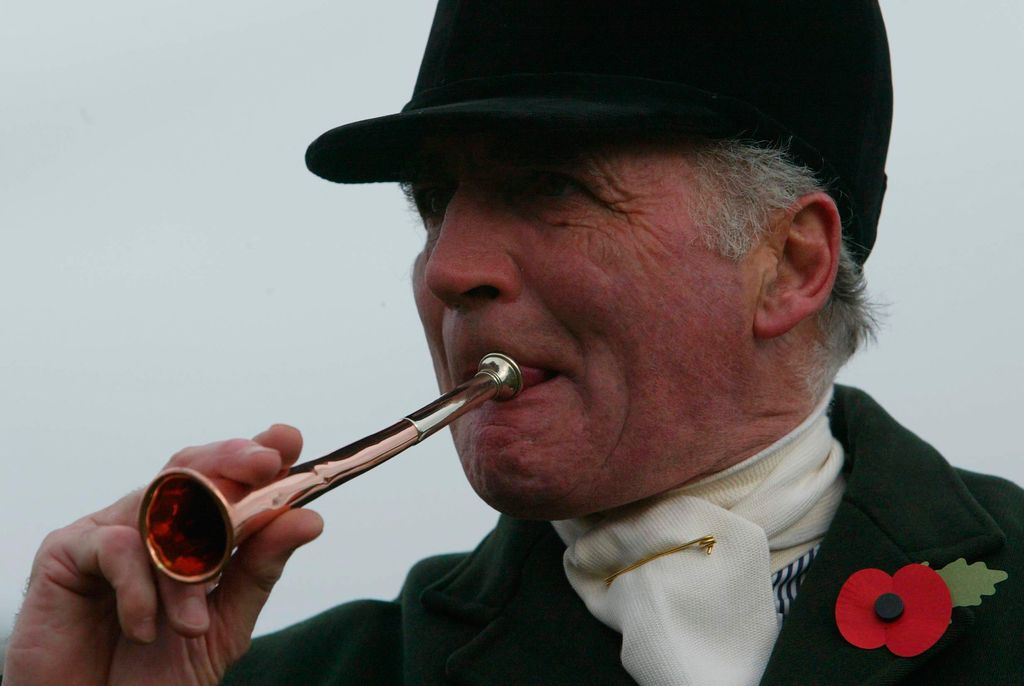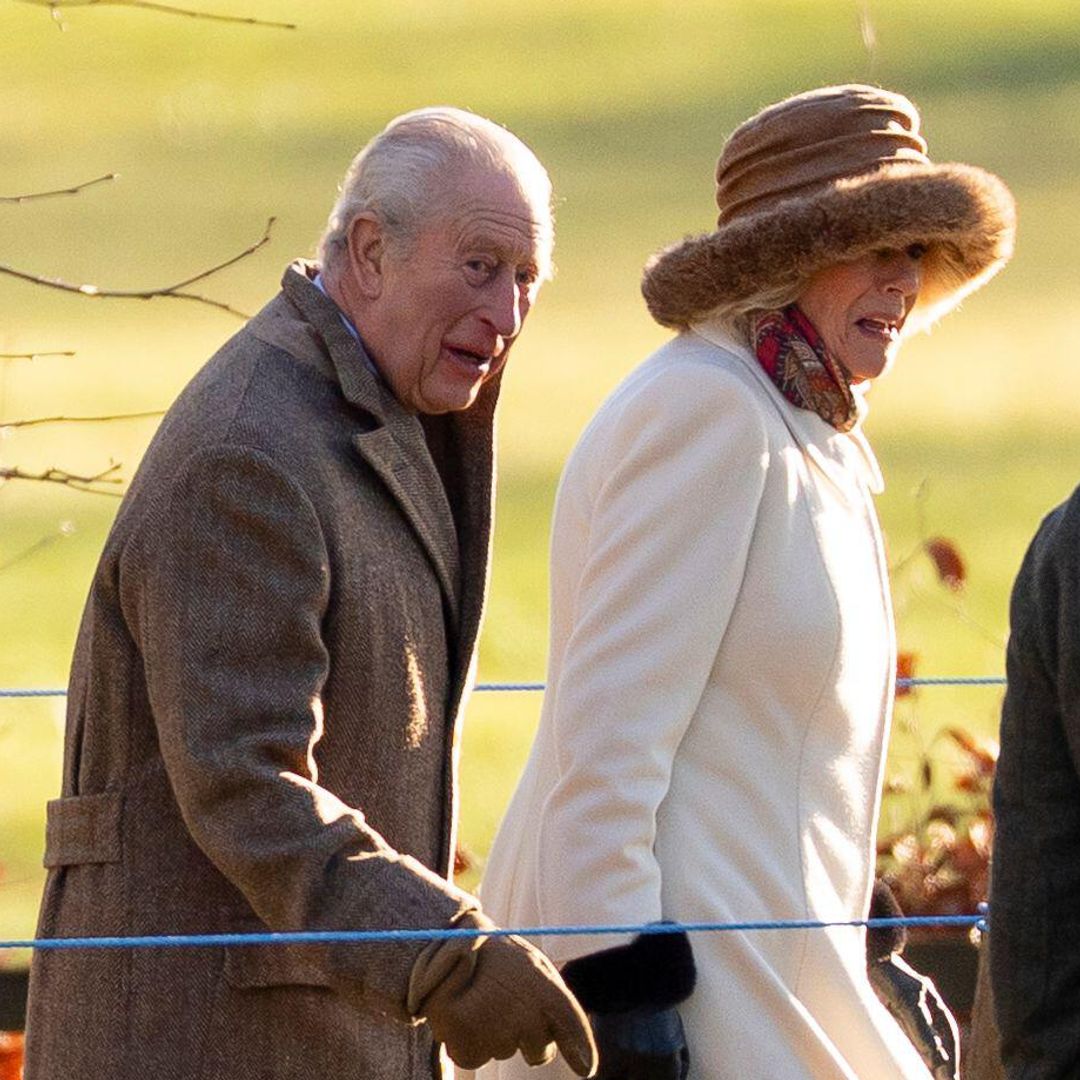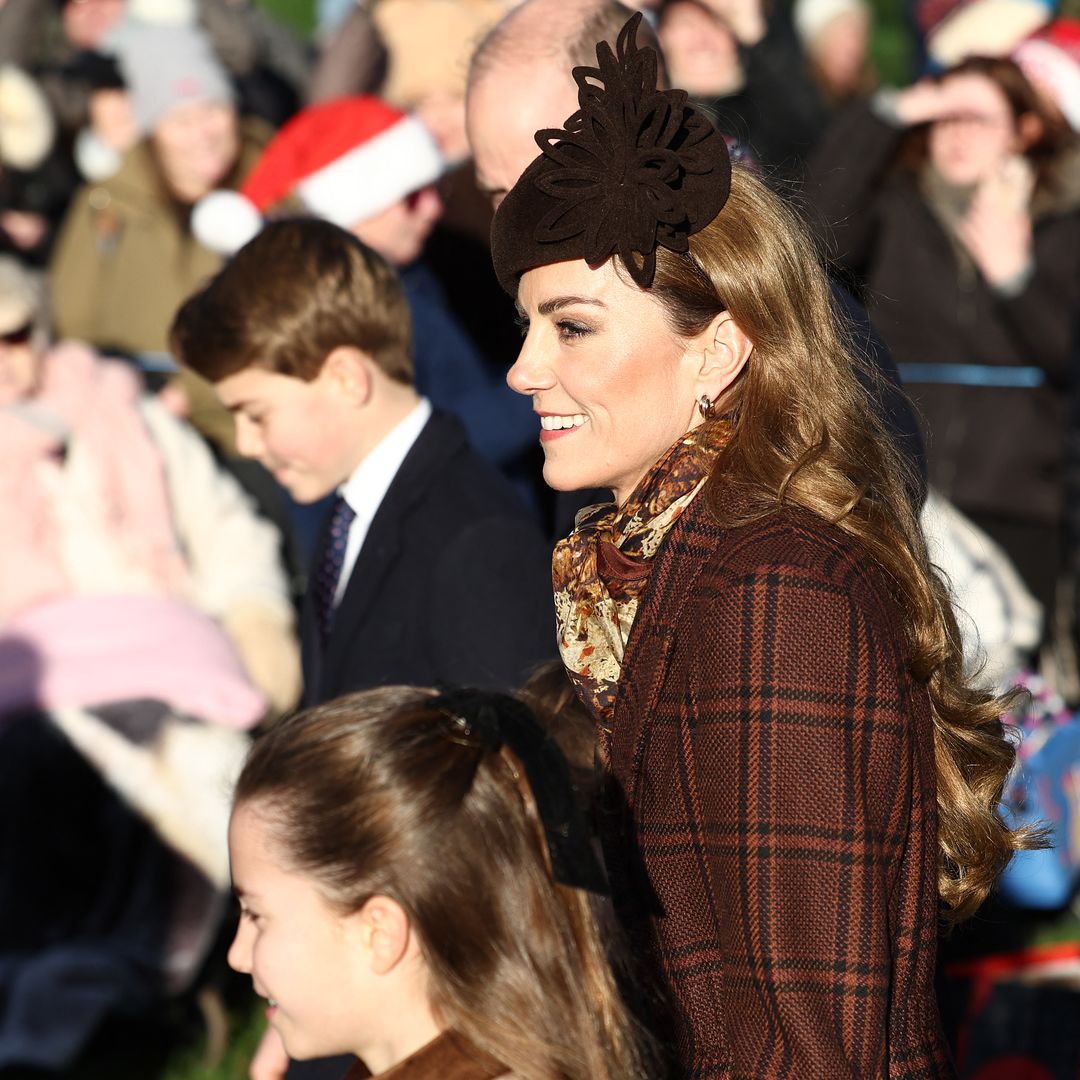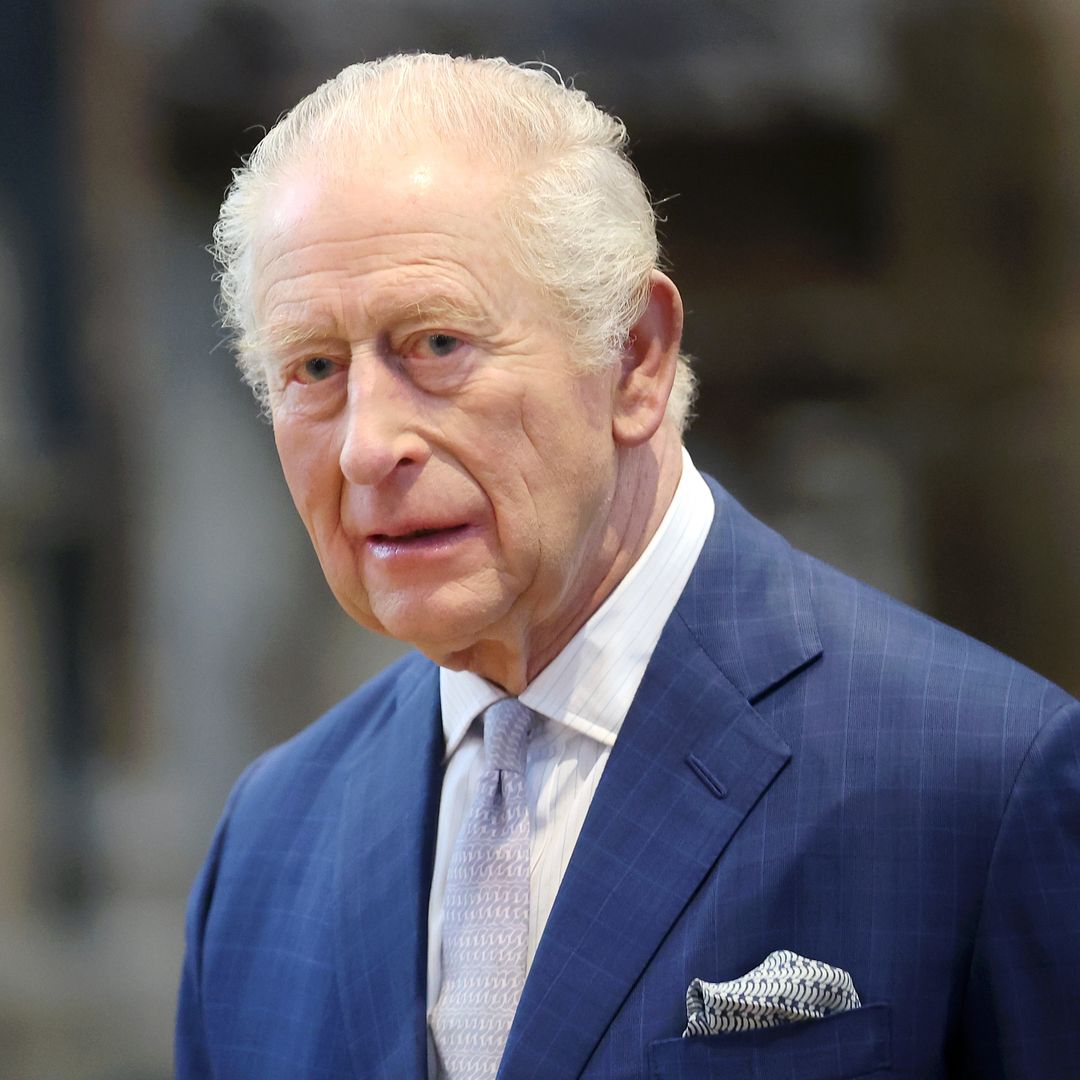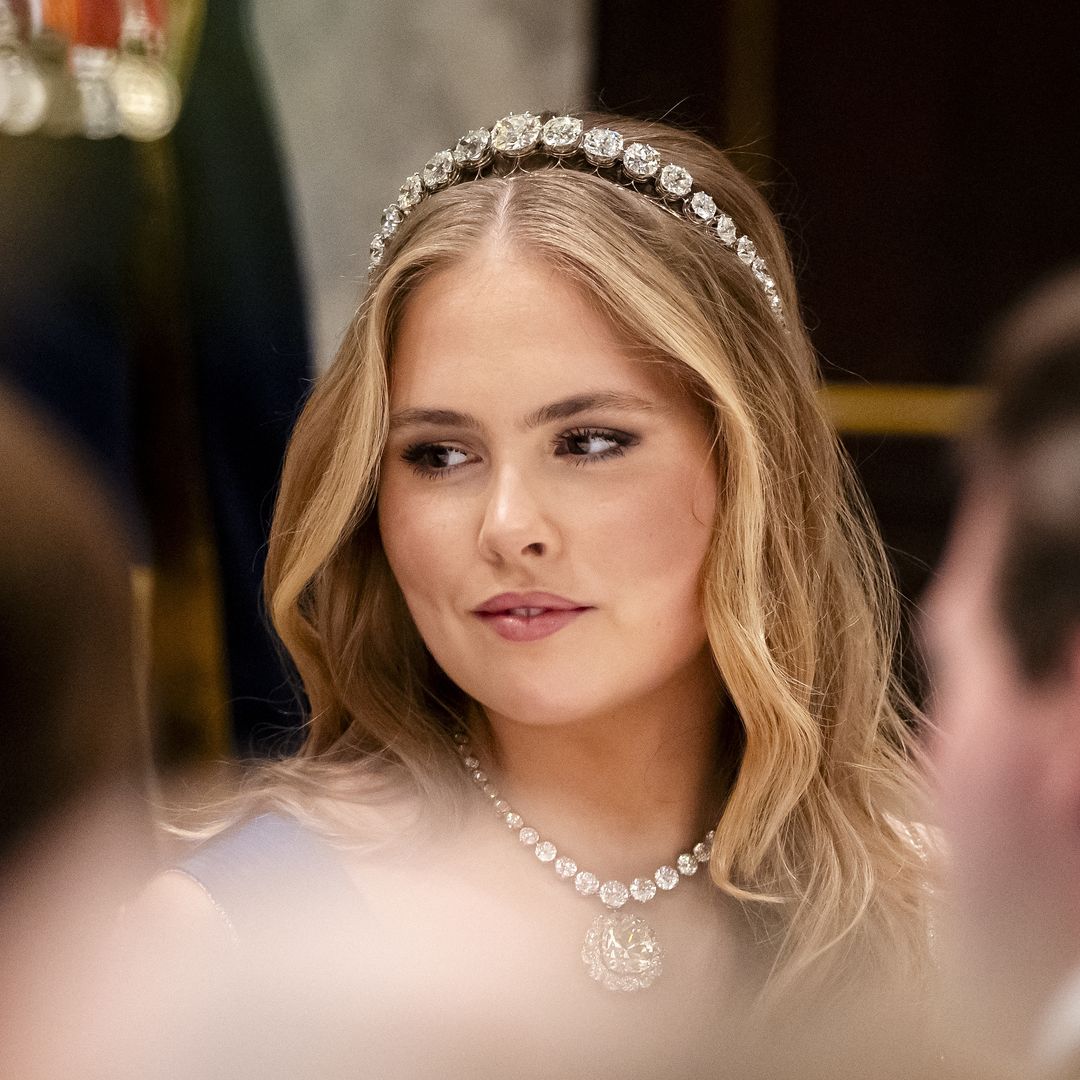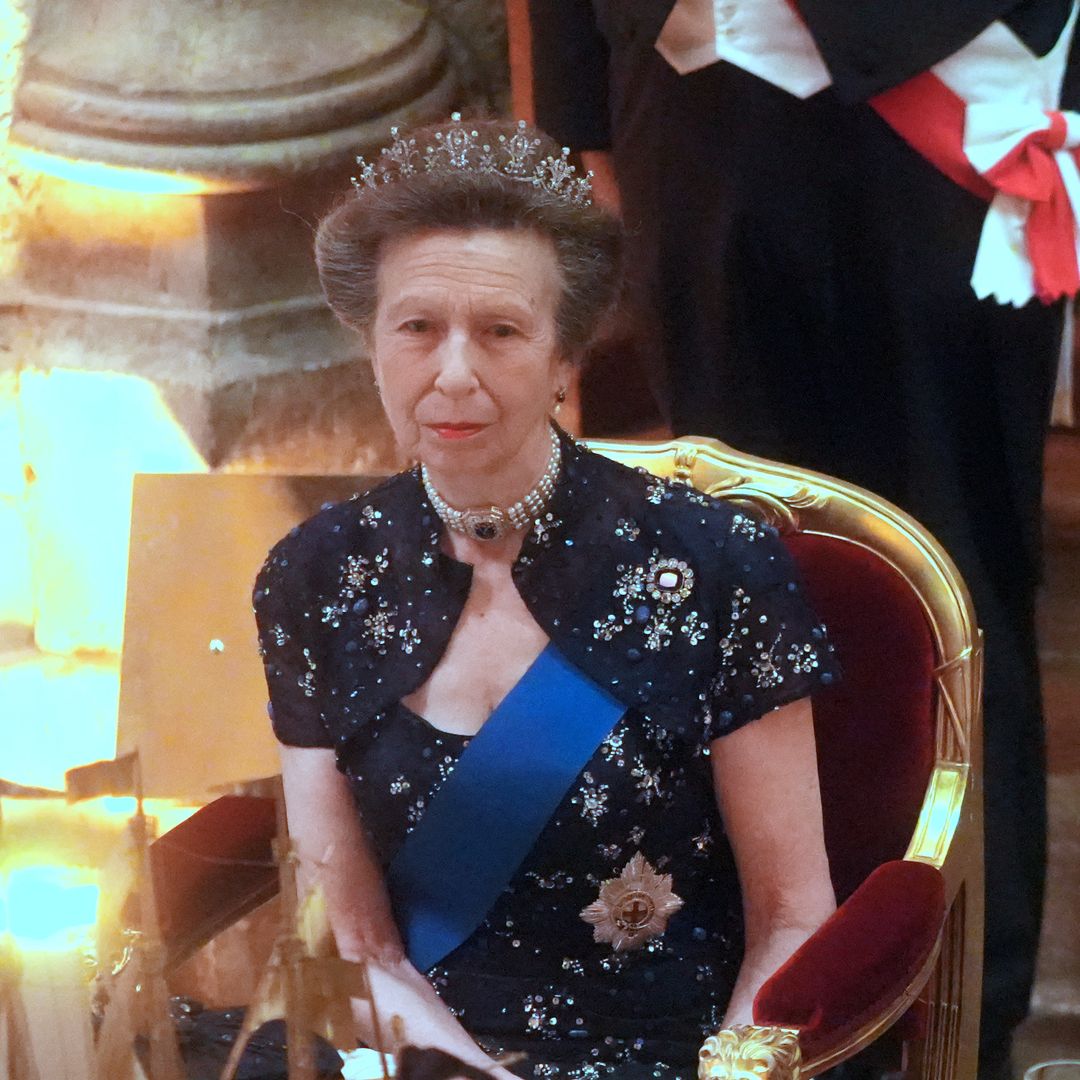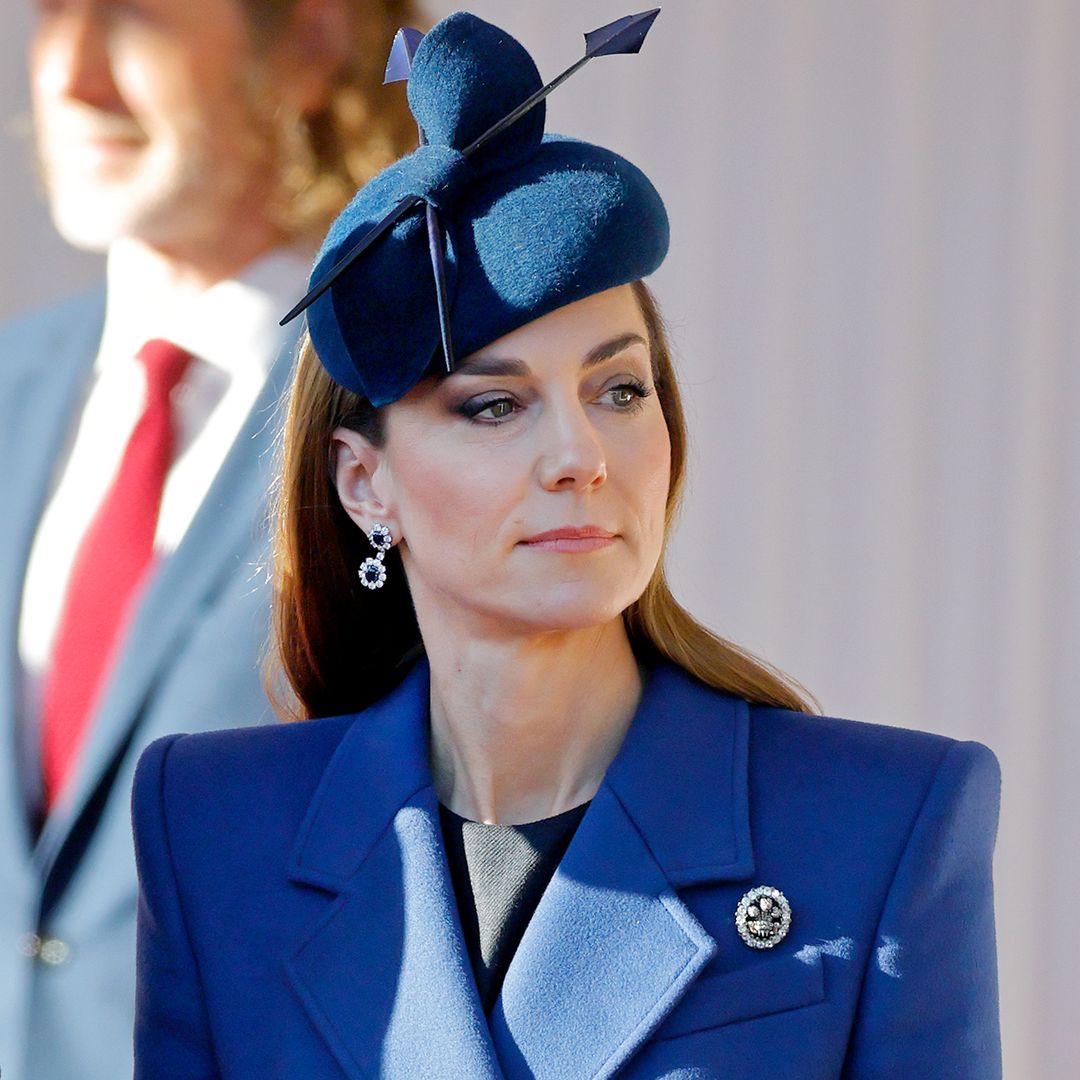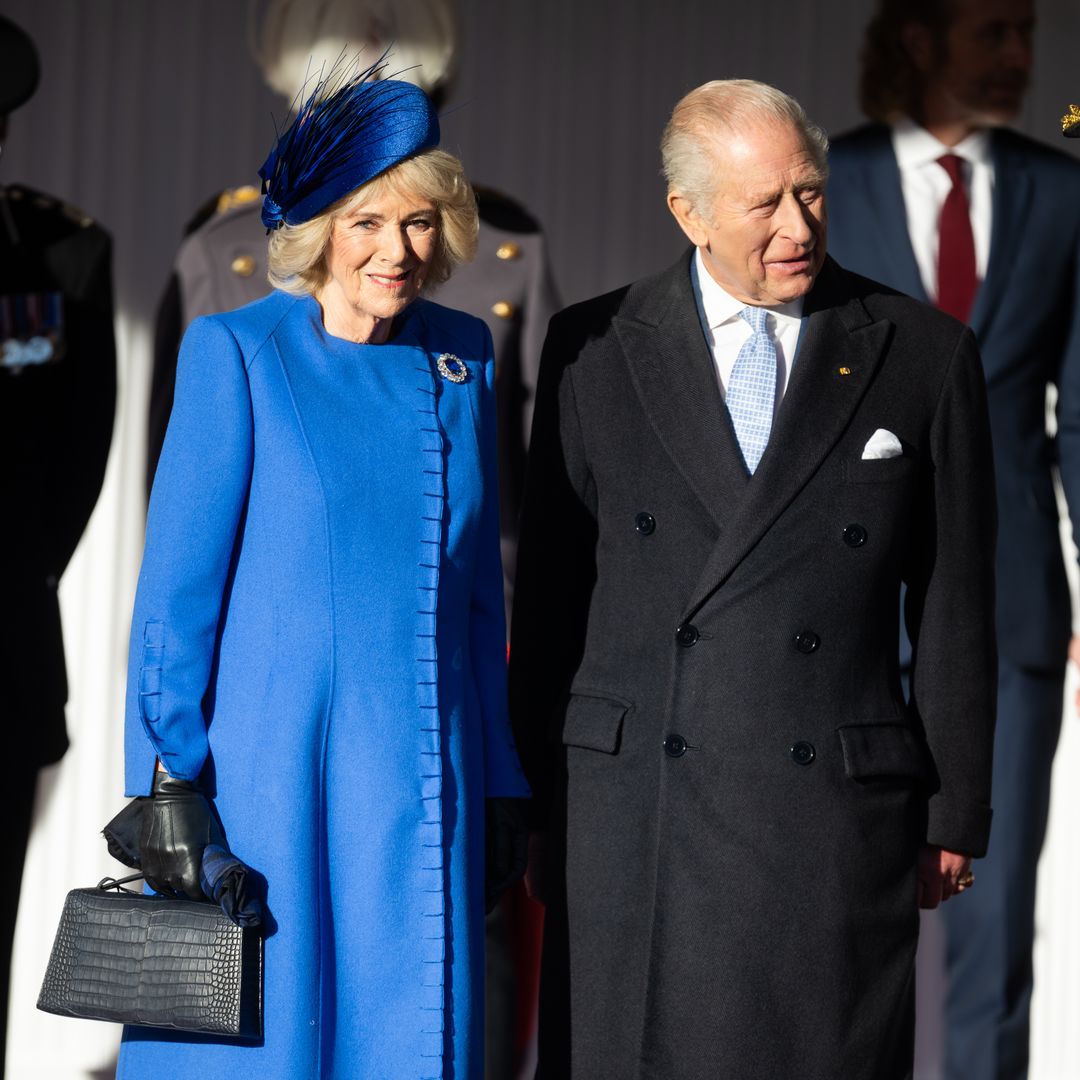King Charles' longtime friend Ian Farquhar tragically died in March this year, and the inquest into his sudden passing took place on Wednesday.
The inquest revealed that the 78-year-old became trapped between his bed and the wall, leading to asphyxiation.
Ian served as an equerry to the Queen Mother after becoming a Captain in the Queen's Own Hussars, a cavalry regiment in the military.
He reportedly grew close to Charles when his daughter, Rose, dated a young Prince William in 2000. He also regularly dined with Charles and Camilla; his loss would be a huge blow for the King.
Camilla's first husband, Andrew Parker Bowles, only had kind words to say about the father of three, detailing him as "a real countryman, a very good officer, a brave amateur rider, a hard-riding polo player and an excellent public speaker" to the Daily Mail.
The Captain had also rented a farmhouse for years on Charles' Highgrove Estate in Gloucestershire, where he was found by his care worker.
The inquest on Wednesday heard that Ian was found by Beth Gillingham, his care worker, on March 6th when she went for a scheduled visit.
Beth stated that she called out to him but received no response, so she went to the bedroom to look for him; this is where she found the old Captain, who had passed away before her arrival.
After finding no pulse, she called the police, who pronounced him dead at 1pm.
The inquest heard his daughter, Victoria, speak in a statement on his passion for horses and hunting. "He went to Eton, then joined the military and went to Sandhurst," she said.
"He became the queen mother's equerry; he said he was essentially the queen mother's bodyguard. He was a huge lover of horses and would go on hunts where there would be a dinner afterwards."
Ian's primary carer, Stuart White, also spoke at the inquest about how his friendship blossomed with the ex-equerry.
"I visited for an hour once a day, but our visits often ran longer," he explained. "He liked to chat; my role was to check on his wellbeing and general housework tasks."
"Over time, he let his guard down; we laughed and joked together, and Ian would often tell me about his past. Ian had moments when he was depressed due to his inability to do what he wanted to do; he had loved looking after dogs and horses."
The Wiltshire coroner, Ian Singleton, concluded that Ian had died by misadventure after attempting to get up from the bed and falling to become trapped against the wall.
"On the morning of March 6, Ian was found deceased by a carer between the wall and his bed with his feet in the air above the bedside table," the coroner explained.
"It is unclear how he came to be in that position, but it would appear it is the result of a deliberate act on his part that unintentionally led to his death."
"I pass onto the family my sincere condolences for their loss," he finished.
